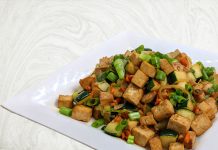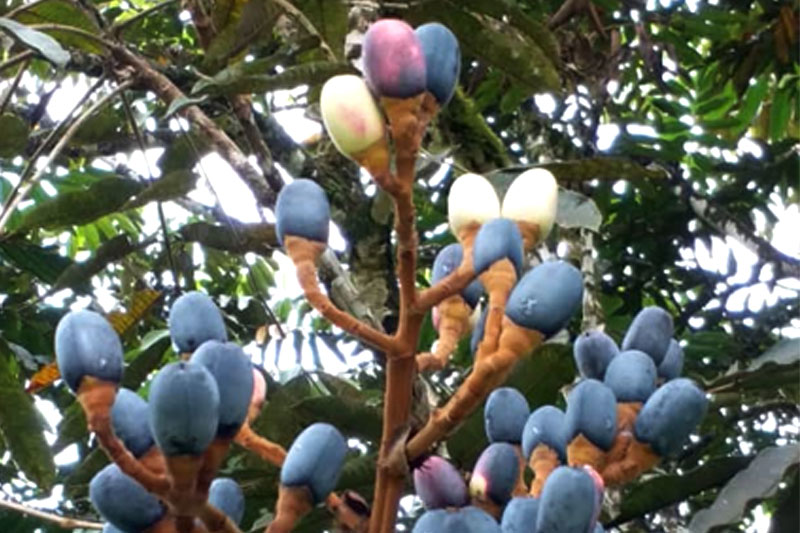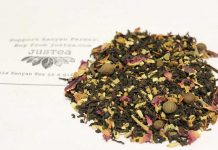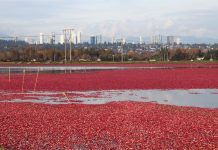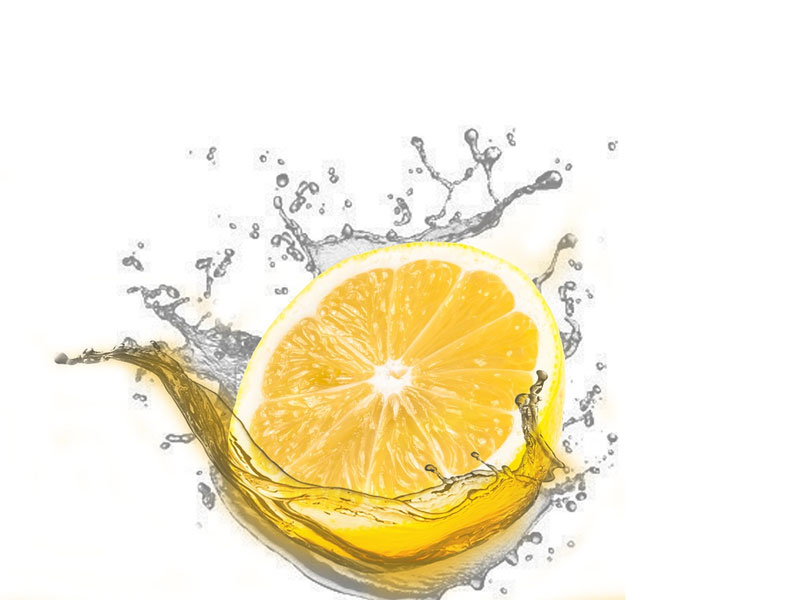Got a lemon? Squeeze the last drop of juice out of it. Discover the powers of lemon. What this simple and inexpensive fruit can do for your health, food and home.
The powers of lemon energizes you with a burst of flavour and amazing health benefits. A 2014 study by the Center for Disease Control and Prevention ranked the powerhouse fruit among the top 40 nutrient-rich fruits and vegetables.
This rich Vitamin C (ascorbic acid) fruit is high in Vitamin B9 (folic-acid), potassium. Heart healthy dieters love this fruit as it’s low in saturated fat, cholesterol and sodium. Ascorbic acid is a potent antioxidant vital for disease prevention.
Natural Remedy
The powers of lemon help beat the pesky cold and boost your immune system. A hot Cup of Honey and Lemon soothes a sore throat, and makes a great all-natural remedy for a cold, flu and nausea.
Dieters consume warm honey drink for weight loss and detox purpose
On a hot summer day, freshly squeezed juice makes a refreshing lemonade. Some health experts say adding lemon to water makes the drink alkaline during digestion. This notion has yet to be scientifically proven.
The Magic of Lemon
Lemon juice flavours, tenderizes and preserves food. It adds a refreshing aroma, enhances the taste and texture of a dish.
If you run out of natural tenderizers like wine or apple cider vinegar for your recipe, lemon juice would make a good substitute.
Critic acid in lemon juice removes gamey smell in lamb while tenderizing and enhancing the meat flavour.
In seafood, critic acid turns amines (organic compound) into ammonium salts hence masking and/or eliminating fishiness.
Delicious raw seafood dishes such as the Mexican or Peruvian Ceviche and Sarawak-Borneo Umai are cooked by the critic acid in lemon or lime.
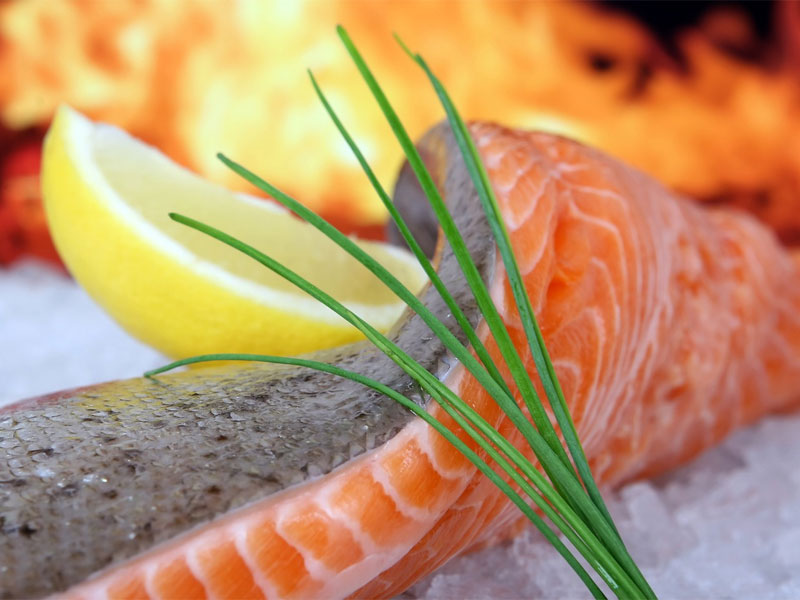
Preservative
Lemon juice is also commonly used for preserving colour and flavour in food and beverages.
Critic acid in lemon juice stops microbial spoilage by extracting water content and equalizing the pH factor and the natural acids in food.
Pharmaceutical and cosmetic companies use them in their medical and beauty products.
Cleaner, Pest Control and More
According to Dr. Oz, a little mix of freshly squeezed lemon juice with baking soda helps whiten natural teeth. To protect your tooth enamel from acid erosion, he warns to leave the mixture on your teeth for less than one minute.
The lemon and its juice is also used as an all-purpose cleaner, an insect repellent, air fresher, deodorizer. Lemon oil is used for polishing furniture.
The Lemon Journey
Lemon growing is purported to date back more than 4,000 years. A small native Asian evergreen tree, lemon (C. limon)is believed to be first cultivated in Assam-India, northern Burma and China.
Its exact genetic origin remained a mystery until 2010 when Zhiqin Zhou and his researchers from Southwest University, China provided genetic proof that today’s variety of cultivated lemon is a hybrid between citron (C. medica), and sour orange (C. aurantium).
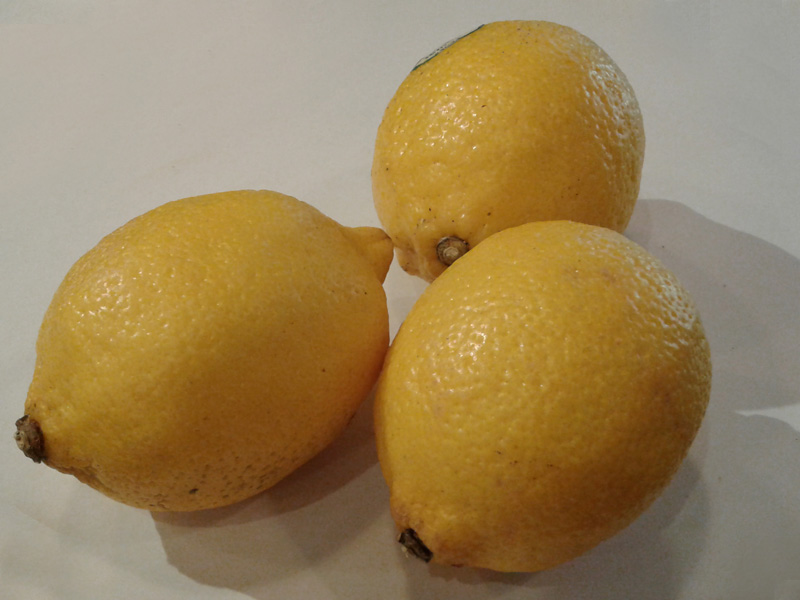
History has it that the lemon fruit was introduced and cultivated in Middle East. Later it was introduced by the Arabs to the Mediterranean region including Italy and Spain around 1000 A.D. Christopher Columbus brought lemon seeds to the Americas in 1493.
In Italy, lemon cultivation is an important agro-industry. The main growing areas are in Campania, Apulia, Basilicata, Calabria, Sardinia, Sicily (around Mount Etna), areas around Tuscany, Latium and Liguria.
The predominant cultivar in Sicily is the Femminello Comune. The cultivar flowers five times a year providing five harvests, the first crop being the best. The warm Mediterranean climate coupled with the rich volcanic soil, gives the fragrant lemon a tangy and slightly sweet flavour.
Its one of the ubiquitous ingredients in a Sicilian kitchen. The use of lemon in Sicilian cooking is profoundly influenced by the Arabs’ 200 years rule of the island.
Watch Video – The Secrets Behind Polenghi Lemon Juice
In Sicily, the Polenghi Group has been marketing their lemon juice to the world for more than 40 years. In the video, the company CEO, Dr. Marco Polenghi explains why their products are unique and different from that of their competitors.
Freshly squeezed lemon juices, he says, are bottled immediately so organoleptic (taste, colour, odor, and feel) qualities are not destroyed in the processing. Juices are additive-free and not from concentrate. The technology in their bottle cap contains lemon oil that provides the consumer the real lemon taste.
For lemon recipes, go to Polenghi Recipes.
Sicily is another wonderful Italian gourmet paradise. For more information on Sicilian gastronomy and recipes, go to Regione Sicilia.
Published: October 14, 2015 | Updated: January 08, 2018





